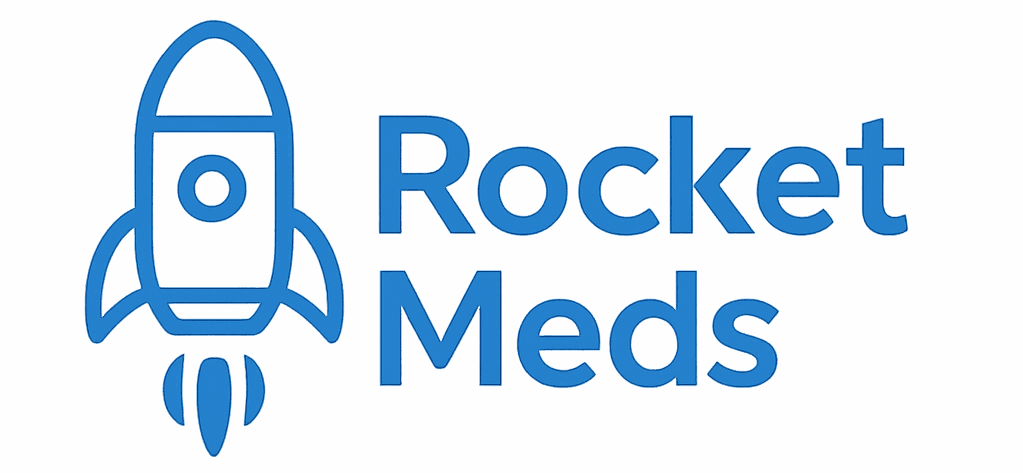In today’s fast-paced world, stress has become part of everyday life. Work demands, personal responsibilities, and constant digital distractions often leave us feeling overwhelmed and mentally drained. While stress is unavoidable, how we manage it makes all the difference. One of the most powerful and scientifically proven methods is meditation for stress relief. By calming the mind and focusing inward, meditation helps restore balance, improve emotional well-being, and strengthen resilience.
This article explores how meditation for stress relief works, its key benefits, different techniques you can try, and practical tips for building a consistent meditation routine.
1. Understanding the Connection Between Meditation and Stress
Stress activates the body’s fight-or-flight response, leading to elevated cortisol levels, rapid heart rate, and muscle tension. While this response can help us in emergencies, chronic stress takes a toll on physical and mental health.
Meditation counters this effect by activating the relaxation response. During meditation, breathing slows, heart rate steadies, and the mind shifts from reactive thinking to calm awareness. Over time, this practice rewires the brain to handle challenges with greater clarity and less emotional reactivity.
2. The Benefits of Meditation for Stress Relief
-
Reduces Cortisol Levels
Studies show that regular meditation lowers cortisol, the hormone most associated with stress. -
Improves Emotional Regulation
Meditation strengthens the prefrontal cortex, the part of the brain responsible for decision-making and emotional balance. -
Enhances Focus and Concentration
Stress often scatters our thoughts. Meditation brings the mind back to the present moment, increasing focus and productivity. -
Promotes Better Sleep
A calm mind makes it easier to fall asleep and enjoy deeper rest. -
Supports Physical Health
Lower stress means reduced risk of high blood pressure, heart disease, and other stress-related illnesses.
3. Mindfulness Meditation Techniques to Relieve Stress
There are many forms of meditation, but here are some of the most effective for stress relief:
-
Mindful Breathing
Sit comfortably, close your eyes, and focus on your breath. Notice the inhale and exhale without trying to control it. If your mind wanders, gently bring your focus back. -
Body Scan Meditation
Slowly shift your attention through each part of your body, from head to toe, releasing tension as you go. -
Guided Meditation
Use an app or online resource with calming audio instructions to guide your focus and relaxation. -
Loving-Kindness Meditation
Focus on positive emotions by silently repeating phrases like “May I be happy, may I be healthy,” and then extend them to others. -
Walking Meditation
Practice mindfulness while walking slowly, paying attention to each step and the sensations in your body.
4. Daily Meditation for Relaxation
Consistency is more important than duration. Even just 5–10 minutes a day can make a noticeable difference. Here’s how to get started:
-
Choose a Quiet Space – Find a place free from distractions.
-
Set a Timer – Start small with 5 minutes, then gradually increase.
-
Pick a Technique – Breathing, body scan, or guided meditation.
-
Be Patient – Thoughts will come and go; don’t judge yourself.
-
Make It a Habit – Practice at the same time daily to build routine.
5. How Meditation Reduces Anxiety and Long-Term Stress
Anxiety is often fueled by worrying about the future or ruminating on the past. Meditation helps by training the mind to stay in the present moment. Scientific studies show that meditation increases gray matter density in the hippocampus (linked to learning and memory) and decreases activity in the amygdala (the brain’s fear center).
As a result, regular practitioners report feeling calmer, more resilient, and better equipped to handle daily challenges without becoming overwhelmed.
6. Tips to Maximize Your Meditation Practice
-
Practice at the same time every day (morning or evening).
-
Use meditation apps if you need structure.
-
Start small and increase gradually.
-
Combine meditation with yoga or deep breathing exercises for even greater stress relief.
-
Keep a journal to track your progress and note how your stress levels change.
Conclusion
Meditation is more than just a relaxation technique — it’s a powerful lifestyle practice that reshapes the way we respond to stress. By lowering cortisol levels, enhancing focus, and promoting emotional stability, meditation empowers us to face life’s challenges with greater calm and clarity. Whether through mindful breathing, guided sessions, or daily short practices, meditation offers a natural and accessible path to a more peaceful life.
If you’re looking to improve your mental well-being and reduce daily stress, incorporating meditation into your routine may be the simplest yet most effective step you can take. And if anxiety is something you’re actively managing, you may also benefit from exploring our anxiety support products designed to complement your stress relief journey.






